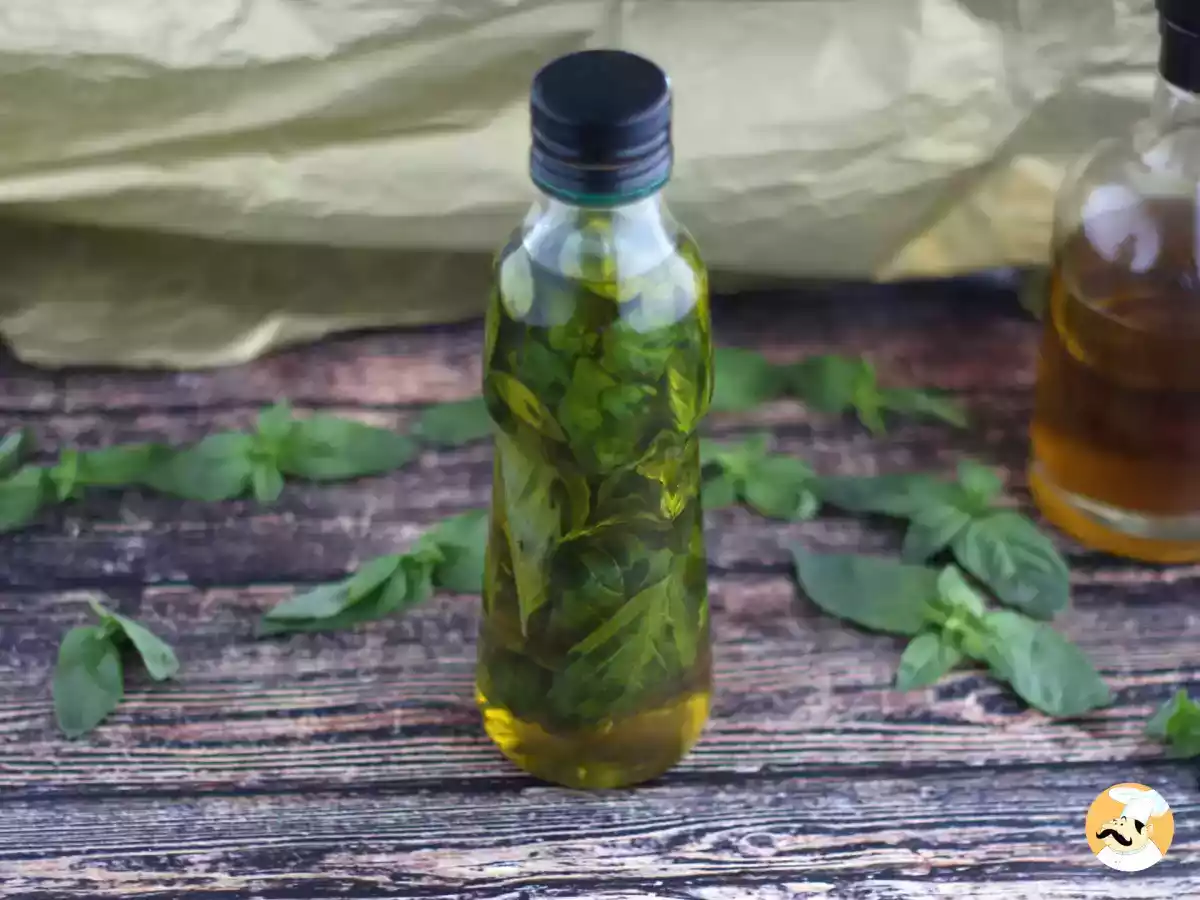Why you shouldn't heat this oil!

You use it every day in the kitchen, adding flavor to your dishes and a touch of sunshine to your plates. But do you really know the secrets of this golden-colored oil? Of course, we're talking about olive oil, which we love to use absolutely EVERYWHERE: sauces, marinades, vinaigrettes - in short, a whole host of uses that make it a kitchen essential. However, we sometimes heat this oil to brown our dishes, which is a bad idea? We'll break it down for you!
Olive oil: a concentrate of benefits
Extracted from the fruit of the olive tree, olive oil is rich in monounsaturated fatty acids, notably oleic acid. These fatty acids are recognized for their beneficial effects on the heart, helping to reduce bad cholesterol (LDL) and increase good cholesterol (HDL). What's more, olive oil contains antioxidants such as vitamin E, which protect cells from oxidative stress.
Heat, the sworn enemy of fatty acids
The problem arises when olive oil is subjected to high temperatures. This is because the fatty acids that make up the oil are sensitive to oxidation. When the oil is heated beyond its smoke point, the chemical bonds that bind the fatty acid molecules are broken. This degradation leads to the formation of toxic compounds...
What are the health risks?
- Increased risk of cardiovascular disease: Free radicals damage arteries and promote the formation of atheromatous plaques, responsible for arteriosclerosis and heart disease.
- Inflammation: Compounds produced by the degradation of oil can cause chronic inflammation, linked to numerous diseases such as obesity, diabetes and certain cancers.
- Taste and odor alteration: Olive oil heated to high temperatures develops a bitter taste and unpleasant odor.
The oils best suited to cooking :
- Rapeseed oil: Rich in omega-3, it is suitable for all types of cooking, including high-temperature cooking.
- Sunflower oil: Tasteless, versatile and heat-resistant.
- Sesame oil: Perfect for stir-fries and Asian dishes, it has a high smoke point.
 Adèle Peyches
Adèle Peyches
Comments
m
Very unreliable information